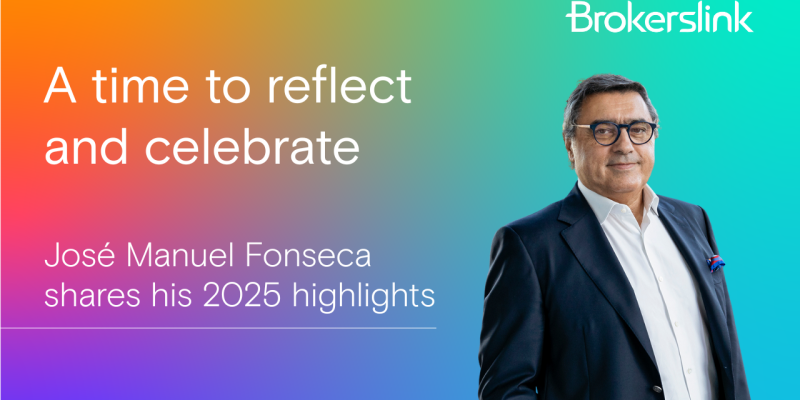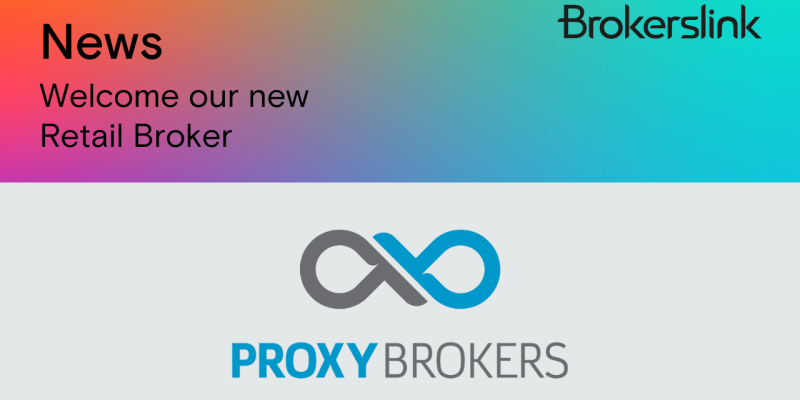AI remains one of the biggest discussion points in the global insurance market. While many see the technology as a challenge fraught with new and unexplored risk, others see AI as a massive opportunity, offering unlimited potential for transformation and business benefits.
One person who sees huge potential in the evolution of AI is Ashish Rawal, the CEO of our specialist affiliate, White Gate Consulting. We spoke to Ashish about some of the biggest questions surrounding AI in insurance broking, and took the opportunity to explore the new upcoming Artificial Intelligence Act (AIA) ground-breaking new regulation poised to set the standard for AI regulation.
Ashish, can you briefly explain some of the main benefits of AI to brokers around the world?
Artificial intelligence (AI) is reshaping the insurance brokerage landscape, promising significant boosts to both top-line growth and bottom-line efficiency. By addressing critical pain points and streamlining various processes, AI is revolutionizing the way brokers operate globally.
AI is transforming marketing and sales channels. By leveraging machine learning algorithms, brokers can automate upselling and cross-selling initiatives to both existing and new clients. AI analyzes customer data, identifies patterns, and recommends personalized product offerings. This enhances customer engagement and drives revenue growth, contributing significantly to the top line.
AI also empowers brokers with in-depth insights, enabling data-driven decision-making for clients. Predictive analytics, personalized service offerings, and trend analysis are just a few ways AI enhances customer acquisition and retention, further boosting revenue.
Brokers have long grappled with the challenge of managing extensive claim documents during processing. AI-powered solutions can efficiently compile and analyze these documents, extracting the most relevant information. This streamlines the claims process, saving valuable time and resources, reducing operational costs, and enabling faster claims processing. These improvements enhance customer satisfaction, fostering long-term loyalty and providing a competitive edge.
Moreover, hyper-personalized insurance products, tailored to individual customer needs, are now possible thanks to AI. This further enhances customer engagement and satisfaction.
How is Generative AI being utilized by the market, and how will this continue to evolve?
Generative AI will evolve into internal AI models and not generic and public AI models like chatgpt. Internal models will leverage proprietary client data (Client 360) to create personalized insurance solutions that reflect the specific needs and preferences of customers.
This technology enables life insurance brokers, for example, to analyze a client's financial portfolio, health records, and, with the customer's explicit consent, their social media activity to design highly customized policies with tailored riders and coverages that align perfectly with the client's individual risk tolerance, health concerns, and financial goals.
Furthermore, generative AI is a powerful tool for customer retention and growth. It can identify coverage gaps and proactively recommend relevant add-ons like riders by analyzing vast datasets of customer policies and claims history, transforming potential customer attrition into upsell opportunities.
The technology is also reshaping risk assessment and pricing strategies. By uncovering patterns and correlations in claims data, brokers can manage risk more effectively, leading to more competitive pricing for consumers.
Generative AI is more than just a passing trend; it's a practical tool that's transforming how insurance companies interact with their customers. As AI models continue to evolve and learn, the insurance industry can expect to see even more innovative and personalized solutions that prioritize customer needs and drive business growth.
The EU will shortly implement the AI Act, to increase regulatory requirements around the development and implementation of AI. Do you think the Act goes far enough? Will other countries seek to follow the EU’s lead in this area?
The European Union's forthcoming Artificial Intelligence Act (AIA) is poised to set a new global standard for responsible AI deployment, much like IFRS 17 did for financial reporting. The AIA's comprehensive framework, encompassing transparency, accountability, and technical robustness, for all industries.
If we pick one of the key tenets of the AIA, the emphasis is on accuracy in AI models. In the risk-driven insurance sector, accurate AI models are essential for fair pricing and equitable outcomes. The potential consequences of inaccurate or biased AI in insurance extend beyond individual consumers, Insurers but potentially impacting the wider economy.
Just as the IFRS 17 global accounting standard revolutionized financial reporting by enhancing transparency and fostering global acceptance, the Artificial Intelligence Act (AIA) is poised to do the same for AI adoption across industries. The AIA's key tenets, emphasize transparency, accountability, and ethical considerations, will instill confidence in stakeholders and pave the way for widespread and responsible AI integration.
How will greater regulation of AI impact the future development of AI technology?
By 2026, the AIA will enforce a risk-based framework, ensuring AI applications adhere to stringent standards based on their potential impact. This proactive approach mirrors the success of IFRS 17, which fostered trust between insurers and investors by standardizing financial reporting.
The insurance industry stands to benefit significantly from the AIA. By utilizing clients' proprietary data responsibly, insurers can develop hyper-personalized products that cater to individual needs and risk profiles. This fosters trust and strengthens relationships, ultimately benefiting both customers and the industry.
Regulation, as exemplified by IFRS 17 and the forthcoming AIA, is not a hindrance but a catalyst for sustainable growth. It ensures ethical AI development and deployment, promotes transparency, and builds trust in the financial services industry.
Article by:

Ashish Rawal
CEO | White Gate Consulting







